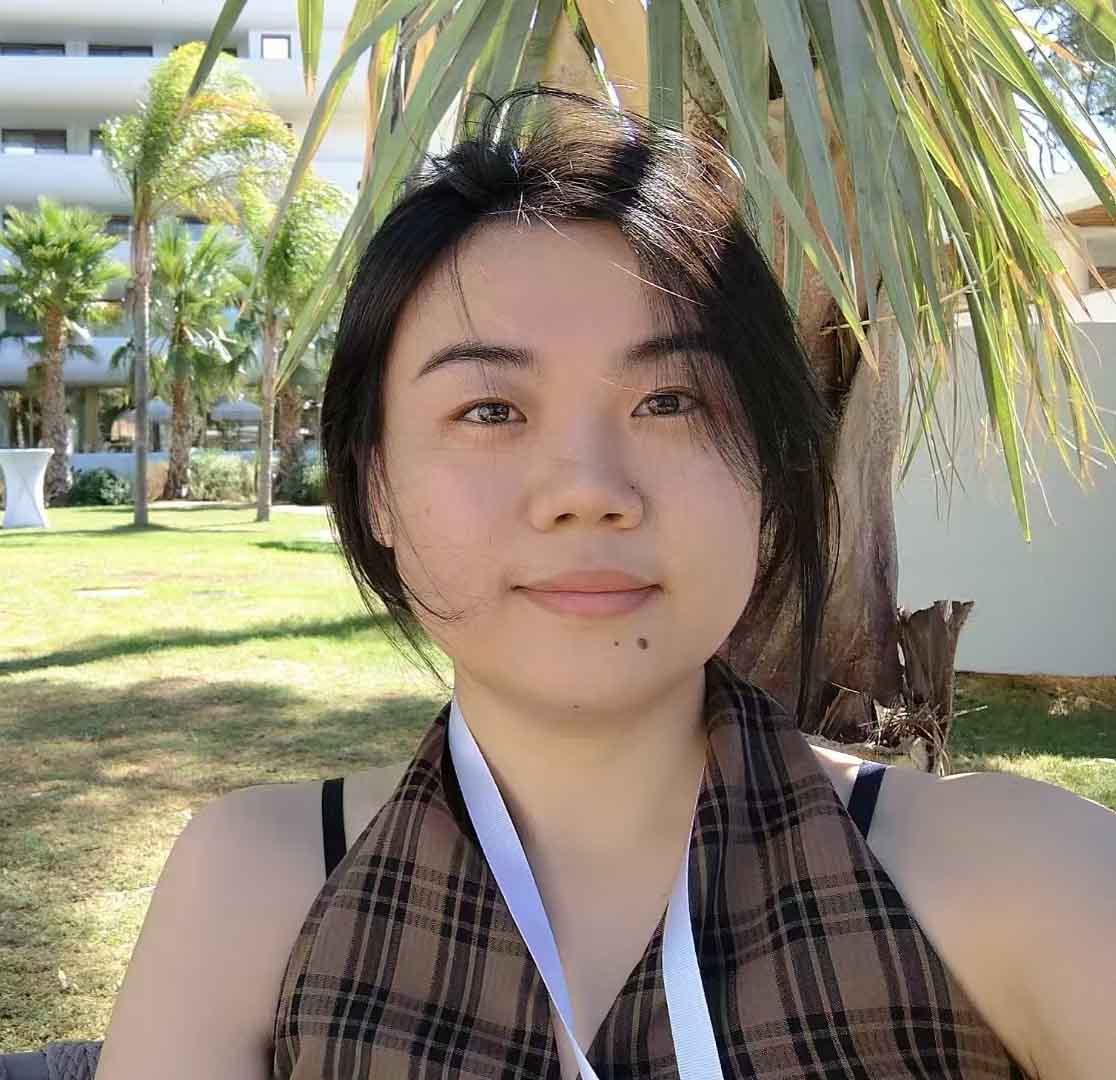
- This event has passed.
A Systematic Comparison of Single-Cell Perturbation Response Prediction Models
September 1, 2025 @ 1:00 pm – 2:00 pm
Statistical Bioinformatics Seminar
Dr Yue You, Guangzhou National Laboratory
This was an online event held via Zoom.
Predicting single-cell transcriptional responses to perturbations is central to dissecting gene regulation and accelerating therapeutic design, yet the field lacks a rigorous, task-spanning assessment of model behavior. We present a large-scale benchmark of 12 representative methods and 3 baselines across 25 datasets spanning diverse perturbation modalities and species, including two new primary immune-cell drug-response resources. We evaluated three core tasks—generalization to unseen single-gene perturbations, prediction of combinatorial interactions, and transfer across cell types—using 24 metrics covering expression-level accuracy, relative changes, differential expression recovery, and distributional similarity.
Across tasks, performance depended strongly on perturbation effect size and evaluation perspective: expression-level agreement was highest for small-effect perturbations resembling controls, whereas delta- and DE-based metrics improved with larger effects, providing clearer signals. Models shared a conservative bias, with fine-tuned foundation models compressing variance and underestimating synergistic effects in combinations. PerturbNet showed superior recovery of DE signatures in Tasks 1 and 2, while no method consistently generalized across cell types in Task 3, where dataset heterogeneity dominated outcomes.
This benchmark establishes current methodological limits, clarifies when metrics diverge, and provides a foundation for developing virtual-cell models that more faithfully capture heterogeneous perturbation responses.
Subscribe to our seminar mailing list
Find out more about the Statistical Bioinformatics seminar series

Dr Yue You
Dr Yue You is a postdoctoral researcher at the Guangzhou National Laboratory. Her research centers on developing single-cell multi-omics algorithms and spatial-omics data analysis to decode cellular dynamics under genetic and pharmacological perturbations.
